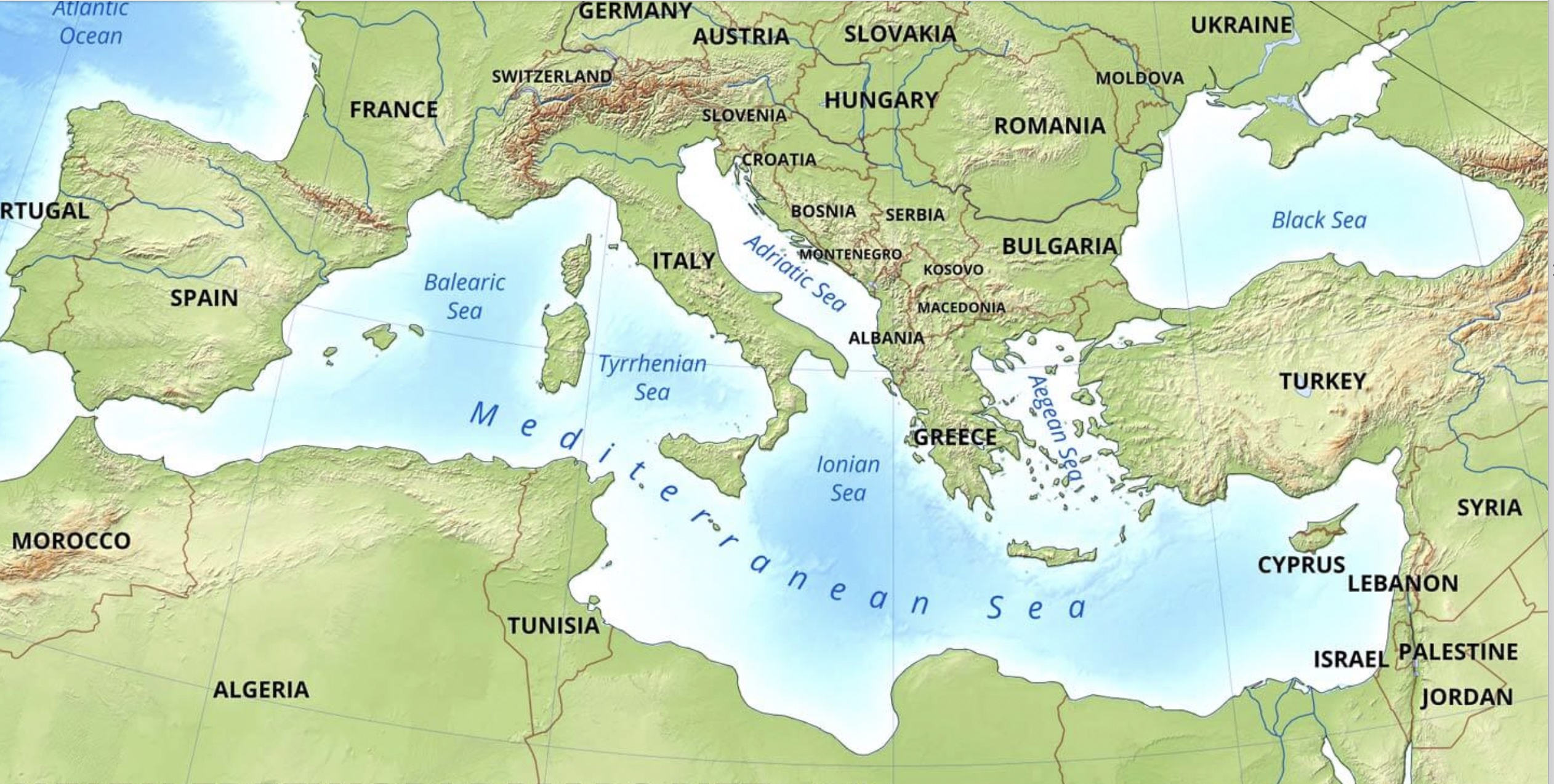By Brent Probinsky
Honolulu, Hawaii – The US Conference of Mayors, representing 1,408 cities across the country, met in Honolulu last week and expressed broad support for local and national measures to address the dangers from the Climate Crisis. US cities and metro areas account for 88% of the nation’s jobs and 91% of GDP and wage income. They were highly critical of the Trump Administration’s failure to address global warming, its intention to withdraw from the 2015 Paris Climate Accords and an abdication of the Obama Administration’s plan for the US to be a world leader in the creation of a green economy.
The mayors called on Congress to establish a comprehensive national program to de-carbonized the US economy in time to limit the global rise in temperatures to 1.5 degree Celsius, to require every federal agency to “promote and implement reduction of Green House Gases (GHG’s),” increase funding for research and the “development of renewable energy, and a clean economy.” They highlighted the dire risks cities face from rising temperatures: flooded coastal zones, wildfires, droughts and inland floods.
The conference participants passed several non-biding resolutions including for the Federal Regulatory Commission to de-carbonize the nation’s electric utility grid and build one that accommodates the transmission of renewable energy such as wind and solar. It called on the federal government to invest in the electrification of public transport and for the building sector to decarbonize heating and cooling systems. Climate scientists and engineers believe that a green building code for improved efficiency in heating and cooling, for both new construction and the retrofitting of existing residential and commercial structures, is one of the simplest and most efficient ways to achieve a carbon-free economy. They called on Congress to establish a training and benefits program for workers who lose their jobs in the fossil fuel industry, such as coal miners, and to reduce the export to other countries of carbon based fuels.
The cities emphasized that the US Conference of Mayors Climate Protection Agreement has demonstrated that 1,060 cities have been leaders in reducing energy use and promoting renewable energy supplies from the 2008 one-time funding of $2.8 billion for the Energy Efficiency and Conservation Block Grant Program.
The cities used to the term, “Roosevelt Republican” to remind us that Teddy Roosevelt, a conservationist, established 5 national parks, 18 national monuments and 150 national forests, from 230 million acres of public land between 1902 to 1909. Those conservation measures are in stark contrast to the Trump White House’s opening up million of acres of federally protected land to oil, gas and mineral extraction, including Bears Ears and Grand Staircase Escalante national monuments in Southeast Utah. The mayors acknowledged Florida’s new governor, Ron Desantis, as an example of a “Roosevelt Republican” who has made a commitment to restore the Everglades and protect Florida’s water quality. Specifically, mayors of Southwest Florida from cities of Bonita Springs, Cape Coral, Estero, Ft. Myers and Ft. Myers Beach called for Congress to provide $200 million a year to fund the Comprehensive Everglades Restoration Plan to restore an 18,000 mile area that covers 16 Florida counties.
The cities voted to support the U.S.-Mexico Border Water Infrastructure Program to clean up the trans-boundary rivers of trash, sewage, chemicals and heavy metals, through continued funding that began twenty years ago but faces elimination by the White House’s 2020 budget request. They voted in favor of vehicle emissions and fuel economy standards set by the Obama Administration to achieve an average of 54 mpg by 2025 instead of the rollback of the Trump White House to freeze emissions and efficiency standards at 2020 levels of 43.7 mpg for passenger cars and 31.3 mpg for SUVs and light trucks.
Big Oil views with the increasing concern the substantial risks from the proliferation of lawsuits by cities, states and groups of children against the oil companies for damage to human health and a community’s air and water. There are more than a dozen such lawsuits pending in the U.S. Though there have been legal set backs in some of the lawsuits, Big Oil recognizes that eventually they will be on the losing end and be forced to pay out hundreds of billions of dollars in damages, much like the tobacco industry after defending lawsuits for decades.
Exxon and other oil companies are looking for a way to limit their enormous exposure in exchange for a modest carbon tax. Former Secretaries of State, George Schultz and James Baker are leading the charge for an oil industry backed carbon tax. Carbon taxes are viewed as an effective, though by themselves, inadequate measure to reduce carbon emissions. One oil industry proposal would impose a carbon tax beginning in 2020 at $40 a ton and increase at 2% to 3 % per year until 2030 when a $65 a ton tax would be reached. In exchange, the oil companies would be free from EPA regulation of green house gases for ten years. The Conference of Mayors voted to strongly oppose any limitation on cities to sue oil companies to hold them liable for damages from climate change. The mayors oppose limiting the authority of the EPA to regulate oil and coal companies through the Clean Air Act. Democrats are floating more aggressive carbon taxes but the Conference of Mayors expressed their strong opposition to any law that would limit Big Oil’s immunity from lawsuits or EPA regulation.
“The nation’s mayors have never waited on Washington to act, and have been strong proponents of action on climate for decades, “ said the USCM. “Mayors will continue to harness their collective power to continue to lead the nation on this critical issue, regardless of what happens on the national level.”




gay dating honesdale
The US Conference of Mayors Votes to Support Policies to Reduce Climate Change and Sharply Rebukes the Trump White House for its Failures – THE CLIMATE GURU
… [Trackback]
[…] Find More Info here to that Topic: theclimateguru.org/the-us-conference-of-mayors-votes-to-support-policies-to-reduce-climate-change-and-sharply-rebukes-the-trump-white-house-for-its-failures/ […]
… [Trackback]
[…] Find More on that Topic: theclimateguru.org/the-us-conference-of-mayors-votes-to-support-policies-to-reduce-climate-change-and-sharply-rebukes-the-trump-white-house-for-its-failures/ […]
… [Trackback]
[…] Info to that Topic: theclimateguru.org/the-us-conference-of-mayors-votes-to-support-policies-to-reduce-climate-change-and-sharply-rebukes-the-trump-white-house-for-its-failures/ […]
Comments are closed.